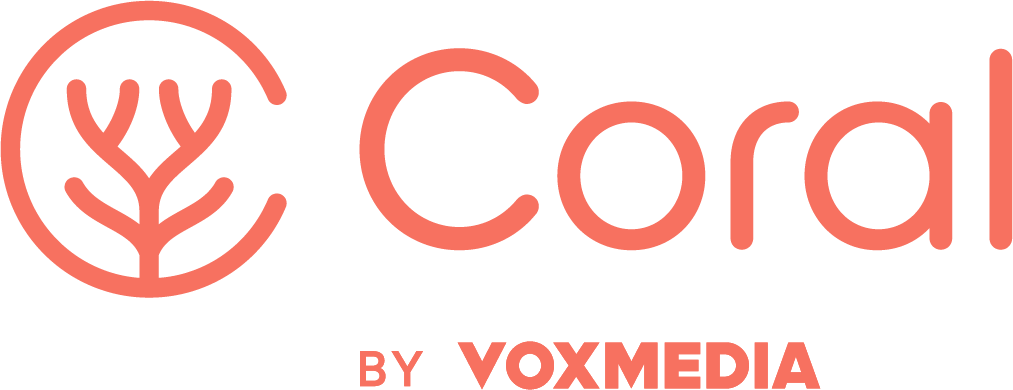Commenting online has been part of my life since I was 16. I have been terrible and amazing on the internet. I have been a broken-hearted Firefly fangirl and fierce feminist. I’m on some people’s most-watched and other people’s block list.
I’m Sydette, the Community Lead of the Coral Project, and here’s what I think about comments.
I still come back to news. No matter what, I want to talk to and with people about current events. People have weathered gendered and racialized harassment, terrible load times, wonky software, and still they’ve found ways to talk to each other about the news. People make the effort to connect.
Publishers should make the effort too.
People are important, they matter. The people who make comments, the people who moderate comments, those of us who submit photos, those of us who don’t participate but love to read: these are the people who should matter most to news publishers and broadcasters. Not just in the “we’d love your comments” way of mattering, but in the way of “this is the only way journalism is going to survive the social media age.”
Let’s be real
Most comment spaces are terrible. We accept that as a truth. Some publishers are closing their comments, reasoning, “Everyone is talking on social now.” It makes sense to them to throw up their hands and walk away.
And yet. Comments are important enough to write editorials about, develop business strategies around, create bespoke content management systems to integrate them and to become focuses of PhDs. Comments are considered places to leverage campaigns of harassment, fundraising, and grief counseling. They are complex and rich across the publishing industry. They still matter because of the people who live in them. Comments are an event in and of themselves, and that event does not need to be train wreck.
So let’s start talking about them that way.
I’ll be very real with you. I am not sure that eliminating comments is always the wrong decision. I am sure we need to have a better discussion. Most conversations about comments and communities are as one dimensional as our worst nightmare of a comments section. “They suck. Kill ‘em vs “FREE SPEECH!*#“ There’s a lot more to it than that.
Outsourcing to social media feels wrong to me. Social is now a beat, social helps build articles, classes, and in some cases, careers. Asking those communities to do more work or serve just as places we take from and advertise to is problematic.
It’s also hustling backwards. So how do we move forwards?
Move beyond comments into communities into relationships
Whether we think about it or not, when people come together and normalize behavior (good or bad), that’s a community. Rather than trying to reinvent or shift them off site, what would it take to make onsite engagement worthwhile? Talking to people who want to talk to you, in places that make those engagements fruitful for everyone, only makes platforms better.
If journalism wants people’s eyes, their subscriptions, their time on sites, then people should have a way to contribute to that work, voluntarily and accessibly. Making journalistic platforms better places to comment means less living on Tweetdeck, chasing people who may or may not want you to use their content. It means connected, proven users whose behavior over time shows their desire to be involved.
These are your biggest fans, who will bring you the biggest return in exchange for feeling acknowledged, feeling heard. Worthwhile communities are worth the investment.
Comments in all their forms are not merely a problem. They are also proof that what you are producing touches our world. When they work well, they are the building blocks of what makes being online worthwhile. They are connected to the first letters to the editor, to social, and to what matters most: the people you write for and about. They are evidence that your content is part of the communities in which they live.
How do you do that? How do you build successful communities around your content, in which you participate? What do you want from communities? How do we design, engineer and utilize the best tools and practices to get what you need from them? How do we change the ways that journalists approach audiences as part of an ongoing conversation?
What we have to figure out is how to make that a more effective part of how journalism works. Communities have to become a safe part of journalism.


